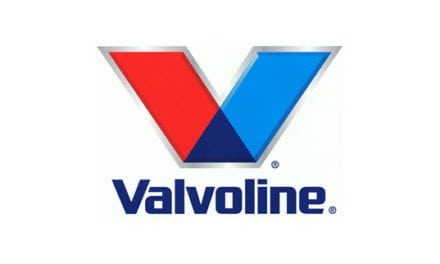By Joe Petrowski
In last weeks column I provided an overview on the state of climate change policy options. In this column I will proved some added detail on what I believe is the most favorable direction.
There are a variety of ways to address the 2.5 million tons of co2 emissions per year from the U.S. transport fuel industry (half of total US emissions annually):
- Carbon Tax. While simple to administer at current values this would add 12 cents/gallon to fuel cost removing on a regressive basis $34 billion from consumers’ pockets and reducing GDP by 2 points (see Germany).
- Cap & Trade. Fraught with manipulation and gaming risks by traders and it puts more power to grant favors into the hands of politicians and bureaucrats, which is counter to political trend (see UK).
- CAFE standards and new OEM and Transport design for traditional petroleum vehicles. It is happening, and will continue to progress, but it is a long haul (pun intended).
- Rapid development of hydrogen and natural gas vehicles and the supporting fueling infrastructure. Probably the most promising, but again with a time delay
I have left off electric cars given price, range anxiety and the inconvenient truth that it is hard to embrace a solution whose fuel is still made 60% by coal. Rapid charging stations which existing fuel retailers would need to keep the fueling experience almost as convenient as today, would cost $150,000 per location and for a network of 50,000 stations would therefore cost $8 billion in new capital. And remember, one ton of coal produces three tons of CO2 while producing 2,000 kWh of electricity, so the average EV would use 300 kWh per year. As a result, the average EV would produce one-half ton of CO2 emissions per year, indirectly. With 400,000 EV’s on road today that is 200,000 tons of CO2 emissions. The Sierra Club calls for 10 million EV’ s by 2025, which would actually double CO2 transport emissions at the current power/fuel mix. Even if all of the coal is replaced by other fuels (and the Sierra Club opposes new natural gas power plants and the infrastructure to supply them), the reduction in CO2 emissions would be deminimus.
A better solution is a market and social adoption of mitigation. Here is how it would work:
A company, let’s call it “Green Fuel,” partners with existing retailers to label locations with the Green Fuel Signage. The retailer and its customers purchase the same fuel they always do (and a fuel that will become “cleaner” over time), and Green Fuel assumes the 18,000 tons of CO2 that a 2 million/gallon/year retailer produces (while a gallon of gasoline is about 7 lbs. it produces 18 pounds of CO2 when combusted with oxygen). Green Fuel then “offsets” that 18,000 tons through various approved and audited programs like investments in wind and solar, tree planting and other forms of carbon sequestration. The cost for this would be about 5 cents/gallon, mostly for administrative and transaction costs.
The value for the retailer is obvious. They get to use the cheapest fuel and fuel they can sell.
Consumers pay a slight premium but much less than they would with a carbon tax or Cap & Trade, and like a Leeds building certification feel they are committed to improving the climate.
A vigorous market for carbon offsets is developed, and many great projects in non-transport areas get funded.
Other than oversight and auditing, the government goes back to doing what it does best (if only I could remember).
Next week I will discuss a less optimal but unfortunately more promoted solution, the carbon tax.
—
 Joe Petrowski has had a long career in international commodity trading, energy and retail management and public policy development. In 2005, he was named President and CEO of Gulf Oil LP and elected to the Gulf Oil LP Board of Directors. In October of 2008 he was named CEO of the now combined Gulf Oil and Cumberland Farms whose annual revenues exceed $11 billion and that now operates in 27 states. In September 2013, Petrowski stepped down as CEO of The Cumberland Gulf Group. He is now managing director of Mercantor Partners, a private equity firm investing in convenience and energy distribution and Chairman of the Gulf board.
Joe Petrowski has had a long career in international commodity trading, energy and retail management and public policy development. In 2005, he was named President and CEO of Gulf Oil LP and elected to the Gulf Oil LP Board of Directors. In October of 2008 he was named CEO of the now combined Gulf Oil and Cumberland Farms whose annual revenues exceed $11 billion and that now operates in 27 states. In September 2013, Petrowski stepped down as CEO of The Cumberland Gulf Group. He is now managing director of Mercantor Partners, a private equity firm investing in convenience and energy distribution and Chairman of the Gulf board.







